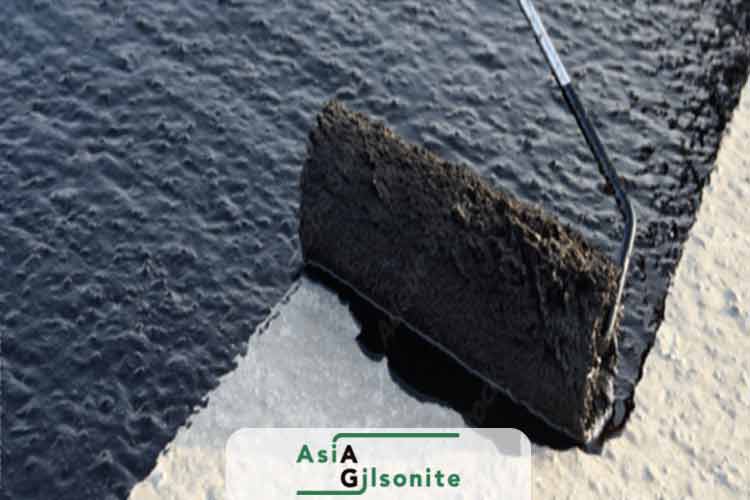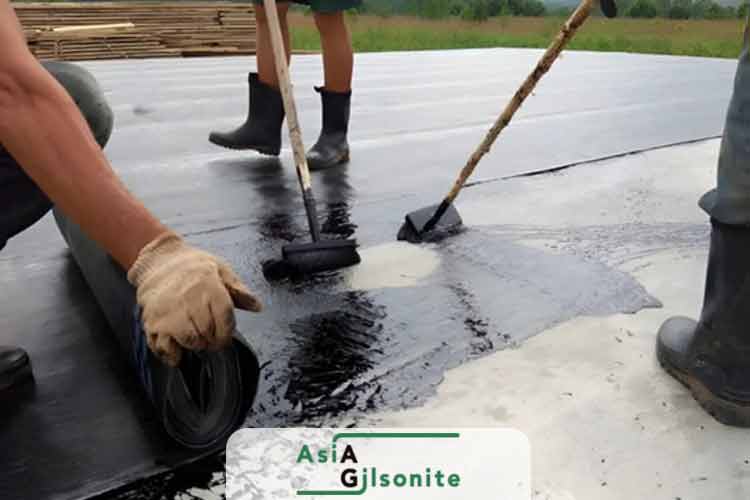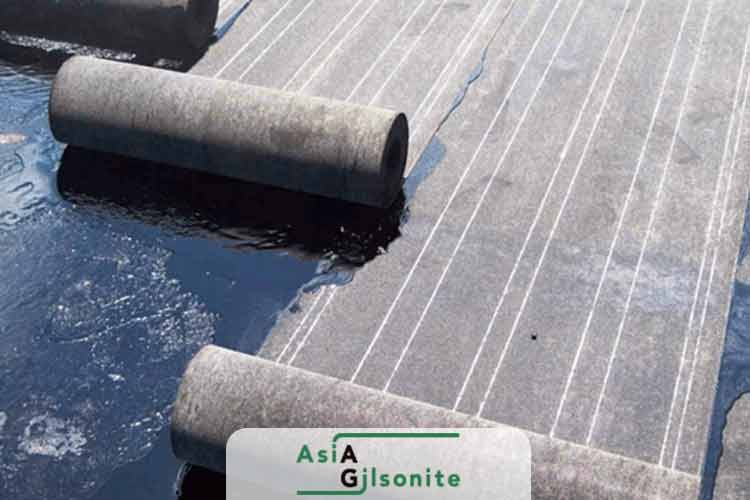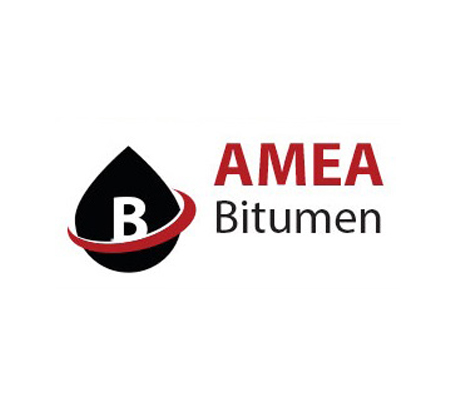Tar or pitch, is a highly versatile, black, and viscous liquid substance that is obtained through pyrolysis or carbonization of organic materials. It has numerous applications and is widely used in many industries, such as road paving and roofing. Composed of varying complexities of molecules, this mineral’s intricate nature allows it to provide waterproofing, robustness, and corrosion resistance, making it essential in modern society. Let’s discover what this matter is and how it is used in detail.
What Is Tar?
Tar is a thick, viscous, and dark liquid that is typically produced through the pyrolysis or carbonization of organic matter, such as dead plants, trees, and animal remains, that results in a variety of volatile compounds. Pyrolysis takes place when organic matter is heated to extreme temperatures and limited oxygen, which leads to the breakdown of complex compounds and the subsequent formation of a tar-like substance.
In nature, tar forms in oxygen-starved areas such as swamps, bogs, or areas with deeply buried organic remnants where, over long periods of time, the organic materials are chemically transformed into a sticky, black liquid.
Applications of Tar
This natural mineral has a wide range of applications across different industries. Here are some of the main applications:
Road Construction
The so-called material is often used in road construction as a primary material. It is blended with aggregat es, including gravel and crushed stones, to form a strong and durable binder known as tarcrete. Asphalt concrete, or simply asphalt, is the resulting material that is then used as a binding agent in asphalt paving.
This tar-based asphalt provides increased strength and durability, as well as traffic loads and weather resistance, making it an ideal choice for road construction and maintenance.
Roofing
Tar, commonly referred to as tar paper or roofing felt, is often employed in the roofing industry as a waterproofing solution. This heavy-duty fabric is placed beneath shingles or other roofing materials to provide superior protection from moisture infiltration and additional waterproofing.
Pipe Coating
Pliable and durable, pitch is used to coat pipes in the oil and gas industry. Acting as a strong barrier, it thwarts corrosion and prolongs the lifespan of related pipes. Additionally, it helps guarantee smoother transportation of liquids and gasses throughout the pipelines.
Wood Preservation
Pitch is a key component in the preservation of wood in outdoor settings, guarding against the perils of moisture, insects, and decay. Its ability to penetrate the fibers of the wood is formidable in that it effectively eliminates the destructive forces of nature and preserves long-term structural integrity.
Marine Industry
Tar-based products, such as marine varnish and boat bottom paint, are highly revered within the marine industry for their capability to guard against the perils of salt water, UV radiation, and other environmental factors. Not only do they provide a suitably waterproof and protective barrier, thereby enhancing the durability and longevity of marine equipment, boats, and structures, but they also visibly beautify them as well.
Chemical Industry
Tar is a raw material employed in the production of an array of chemicals. It can be distilled to obtain compounds such as creosote, pitch, and carbon black, with creosote being utilized as a wood preservative and pitch being used for the manufacture of paints, adhesives, and roofing materials. Carbon black, on the other hand, is employed as a reinforcing filler in rubber products and as a pigment in inks and coatings.
Waterproofing
Possessing remarkable water-resistant properties, pitch is frequently used for waterproofing applications. It is applied to roofs, foundations, and other structures to inhibit water leakage. Tar-based waterproofing solutions are widely deployed in the construction sector and asphalt paving.
Fuel and Energy Production
A byproduct of coal and oil processing, tar is burned as a fuel in various industries, for example, power plants and steel mills, as well as in residential contexts as a heat source. Furthermore, this material is utilized in the construction of gasification and pyrolysis-based energy technology.
Medicinal Applications
Not just for the construction industry anymore, the pitch is being put to use in many traditional and alternative medicinal practices, benefiting from its anti-inflammatory and antimicrobial qualities. From treating skin conditions such as eczema and psoriasis to healing minor wounds, this mineral, especially pine tar, has been utilized in a variety of ways to aid in one’s well-being.
Pest Control
Making its way into the pest control industry, the pitch has proven to be an effective deterrent against certain insects and critters. With its ability to create a barrier that prohibits the entry of ants, termites, and slugs, tar is being utilized to keep these invasive pests away from both structures and plant beds. Helping homeowners and gardeners alike, this mineral may be the very answer to their pest control problems.
Tar Chemical Properties
The chemical properties of this important material are determined by the specific compounds that comprise it; however, some properties are generally present in most tar-pitch mixtures. Insoluble in water yet soluble in organic solvents, tar-pitch compounds usually boast high molecular weights, making them viscous and sticky.
Furthermore, tar-pitch also exhibits relatively low volatility, remaining a liquid at normal temperatures and a fire hazard due to its tendency to combust. Carcinogenic or toxic PAHs may also be present, and the composition and properties can vary based on the tar’s source. Thus, understanding the intricacies of this natural mineral is vital for a range of commercial and industrial applications.
Types of Tar
There are several different types of tar, each with its own specific properties and uses. Some common types of this mineral include:
Coal Tar
This highly complex and sticky substance is derived from coal and is frequently used in the construction and asphalt paving industry, due to its exceptional durability and weather resistance.
Wood Tar
This substance, obtained from the destructive distillation of wood, can be used in a multitude of traditional applications, like preserving wooden structures, producing traditional medicines, and creating skincare products.
Pitch Tar
Also referred to as asphalt or bitumen, this dark, viscous liquid is created by the distillation of wood, coal, and petroleum. It is renowned for its waterproofing capabilities and is widely used as a sealant for roofs and to coat and protect metal surfaces in industrial settings.
Road Tar
Cementing roads together, bitumen is a form of petroleum that provides roadways with a smooth, durable surface.
Oil Tar
Obtained from petroleum, oil tar is widely used in industrial processes, mainly for insulation and as a lubricant.
Pine Tar
This sticky substance is produced from the distillation of pine wood and has been used for centuries in a variety of traditional applications like preserving wooden structures, treating skin conditions, and as a component in soaps and shampoos.
Conclusion
All in all, tar is an inimitable and ubiquitous element that is used in most industries. Its wide range of properties and applications make it invaluable in providing waterproofing, corrosion resistance, and durability to many materials. Although fire hazards and possible carcinogenic or toxic compounds may be present, understanding the nature and sources of this material can help minimize potential risks. Thus, the so-called mineral remains an essential and irreplaceable material in today’s society. If you are looking for high-quality Gilsonite, Asia Gilsonite is a trusted supplier offering premium products. Buy Gilsonite today to benefit from its exceptional properties in various industrial applications. Let’s discover what this matter is and how it is used in detail.








Thank you for this excellent explanation and specifications.
Its My Pleasure
Where can I buy lump coal tar for roofing?Noel